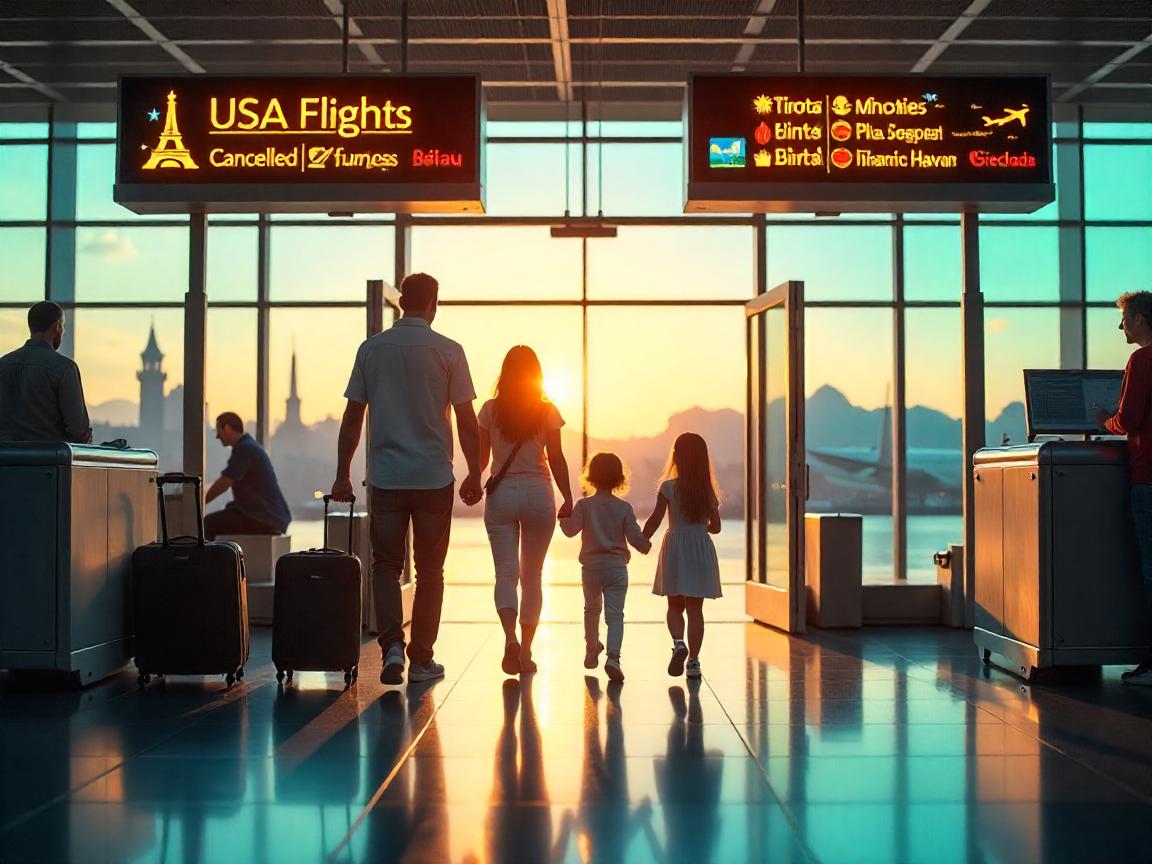Aruba Hosts Pivotal Cruise Summit While Caribbean Week in New York Ignites Cultural Pride and Innovation in Regional Travel - Travel And Tour World
Monday, June 16, 2025

Aruba is currently in the spotlight as it hosts a critical international gathering of cruise tourism leaders. The , organized by the Florida-Caribbean Cruise Association (FCCA), has officially opened on the island, bringing together top executives from major cruise lines and tourism stakeholders from across the Caribbean.
This year’s summit is more than just a meeting—it’s a strategic platform designed to accelerate cooperation between cruise operators and Caribbean destinations. Through a blend of face-to-face meetings, interactive sessions, and destination tours, the summit is focusing on developing robust cruise infrastructure, enhancing guest experiences, and ensuring the long-term sustainability of the region’s cruise sector.
Aruba, which last hosted the PAMAC event in 2017, has been chosen again due to its ongoing commitment to hospitality excellence, innovation, and collaborative tourism strategies. As one of the most active ports in the region, Aruba presents a strong example of how destinations can adapt to shifting travel demands while maintaining a firm focus on environmental and economic sustainability.
The summit gives cruise executives and Caribbean stakeholders the opportunity to discuss important issues in-depth, including port development, tourism capacity, local economic integration, and sustainable shore excursions. It also enables Caribbean nations to present tailored proposals to cruise operators, showcasing unique cultural and ecological offerings while reinforcing their readiness to handle increased cruise traffic.
At the core of these discussions is a shared objective—to ensure that the growth of the cruise industry aligns with community priorities and environmental stewardship. The format of the summit encourages active engagement, with working sessions designed to yield concrete outcomes and strengthen destination readiness.
With tourism trends favoring immersive and responsible travel, the Caribbean is evolving its cruise strategy to meet rising passenger expectations and increase direct local benefits from cruise calls.
While Aruba focuses on cruise strategy, another major tourism initiative unfolded recently in the United States—, hosted by the Caribbean Tourism Organization (CTO). The event brought together a diverse mix of regional leaders, media professionals, young innovators, and members of the Caribbean diaspora for a week of cultural celebration, networking, and forward-looking dialogue.
Under the guiding theme “Caribbean Resilience: Crafting Tomorrow’s Tourism,” the week was filled with impactful programming, including policy forums, innovation showcases, and cultural events. One of the standout moments was the debut of the CTO Reimagine Plan, which outlines a long-term roadmap to reposition the Caribbean as a leader in sustainable and inclusive tourism development.
Additional highlights included a Women’s Leadership Dinner & Awards ceremony, honoring influential women in hospitality, and the inaugural Caribbean Cultural Showcase, which featured vibrant displays of music, art, and cuisine. The event also served as a platform for young entrepreneurs to pitch innovative solutions that align with global tourism trends.
This year’s Caribbean Week was supported by an extensive group of sponsors. Platinum sponsors included Dominica and the U.S. Virgin Islands, while Gold sponsors such as the Bahamas, Bermuda, and Antigua and Barbuda demonstrated their continued support for regional tourism. Hospitality leaders including Sandals Resorts International and Carnival Corporation added further momentum through Silver and Bronze partnerships.
As the 2025 hurricane season begins, countries throughout the Caribbean are stepping up their efforts to enhance emergency preparedness and climate resilience. In the U.S. Virgin Islands, an innovative public awareness initiative is underway—the . Designed for students ranging from elementary school to university level, the contest encourages young people to share their ideas on disaster readiness, community safety, and protecting vulnerable populations.
Led in partnership with the Virgin Islands Territorial Emergency Management Agency (VITEMA) and the American Red Cross, the competition invites students to explore practical ways they can contribute to emergency response efforts. Submissions are being accepted online through July 1, 2025, creating an inclusive platform for youth engagement and leadership development in public safety.
Alongside this student-focused effort, the CTO and the Caribbean Hotel and Tourism Association (CHTA) hosted a featuring tourism professionals, meteorologists, and emergency planners. This virtual forum highlighted the latest storm forecasts, disaster response techniques, and business continuity planning tailored for tourism operators. The goal was to strengthen regional capacity to respond quickly and effectively in the face of extreme weather events.
These proactive steps reflect the Caribbean’s ongoing commitment to safeguarding lives, protecting infrastructure, and ensuring that tourism can continue to thrive even under the threat of natural disasters.
Drowning remains a major global health issue, particularly among children and adolescents. The Caribbean, with its vast coastlines and heavy dependence on water-based tourism, is taking new steps to reduce this preventable tragedy.
In alignment with international water safety campaigns, Caribbean governments and civil society organizations are promoting swimming education, safety signage, and community training. Programs include teaching basic swimming and rescue skills in schools, improving flood management, enforcing safety regulations near open water, and training bystanders to assist during emergencies.
With the Caribbean’s tourism reputation strongly tied to its beaches and water attractions, building a culture of water safety is essential not only for public health but also for preserving the region’s brand as a world-class destination.
From Aruba’s cruise summit and Caribbean Week in New York to the hurricane readiness and drowning prevention campaigns, the Caribbean is sending a powerful message: the region is serious about building a smarter, safer, and more inclusive tourism sector.
What emerges is a clear vision of a region that is not simply reacting to external challenges—but actively shaping its own future. Strategic summits and global events are helping to align public policy, private sector innovation, and community engagement in a way that ensures long-term competitiveness.
By investing in cruise infrastructure, amplifying cultural identity, empowering youth, and prioritizing safety, the Caribbean is forging a new path forward—one that balances opportunity with responsibility and resilience with reinvention.









